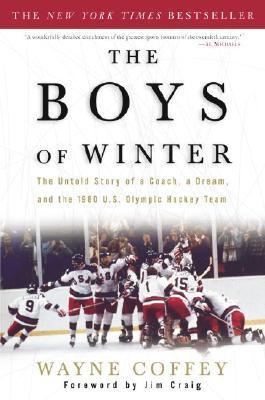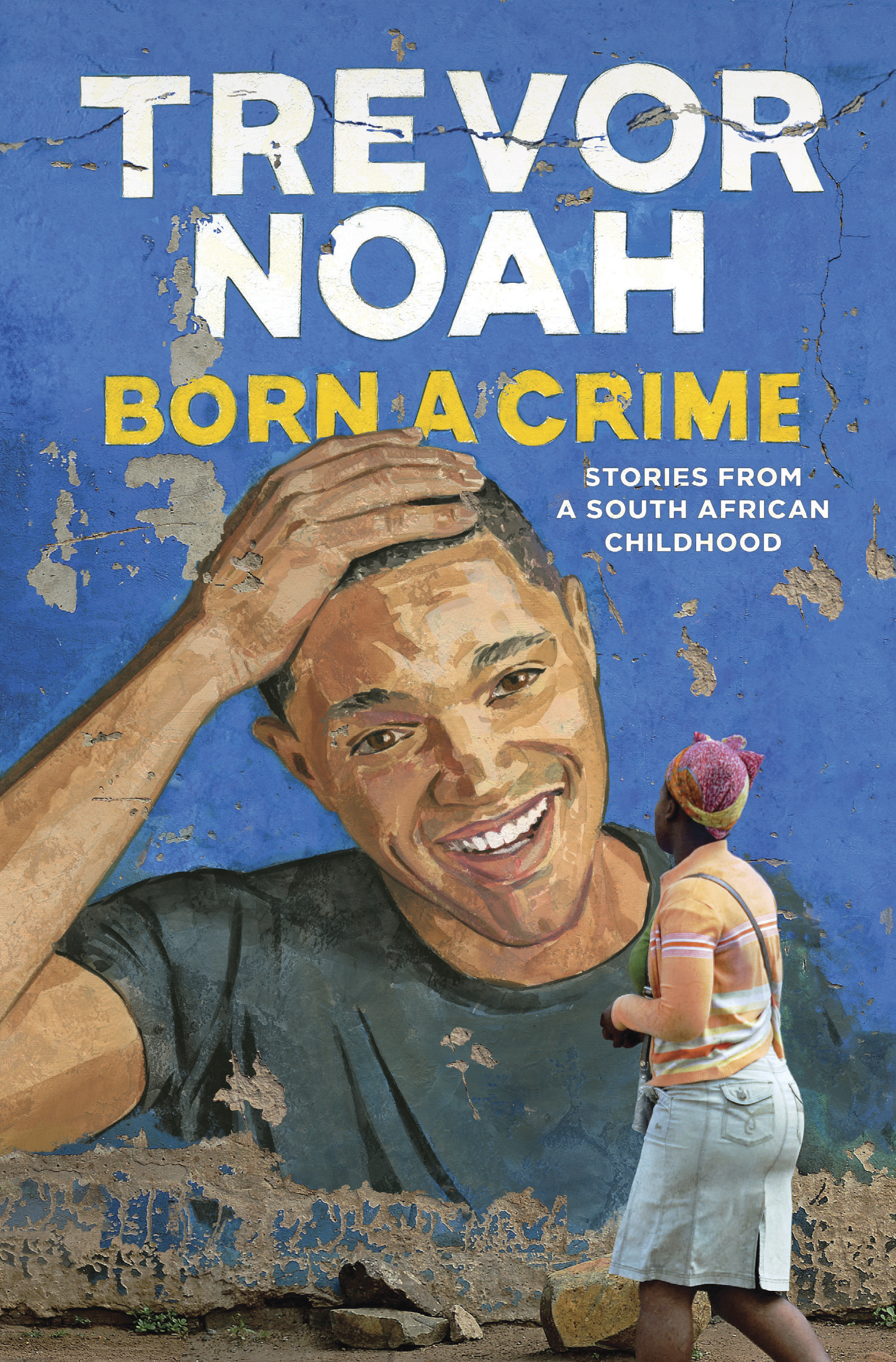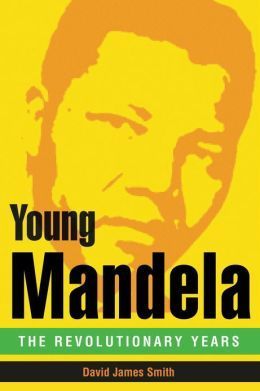
Playing the Enemy: Nelson Mandela and the Game That Made a Nation
Book Description
Imagine a nation on the brink of collapse, teetering between hatred and hope. Against this backdrop, one man uses an unexpected game to heal a fractured South Africa. Nelson Mandela, freshly released from prison, sees more than just a sport; he sees a pathway to unity through the thrilling world of rugby. With tensions rising and the world watching, every pass and goal holds the weight of a legacy. As struggles unfold on and off the field, can the spirit of a nation truly be transformed by the power of a game? What will it take to turn enemies into allies?
Quick Book Summary
"Playing the Enemy: Nelson Mandela and the Game That Made a Nation" by John Carlin chronicles the remarkable story of how Nelson Mandela harnessed the power of sport, specifically rugby, to unite post-apartheid South Africa. Fresh from 27 years in prison, Mandela faces a nation divided by decades of racial tension and mistrust. Recognizing the deep-rooted symbolism of rugby to the white Afrikaner minority, Mandela seizes the 1995 Rugby World Cup as a pivotal moment to foster national reconciliation. Through personal engagement with players and the public, Mandela transforms a formerly divisive sport into a shared emblem of hope. Carlin combines political intrigue, personal drama, and the universal language of sports to illustrate how courage and vision can bridge seemingly insurmountable divides. The book illuminates Mandela’s masterful leadership in steering a fledgling democracy toward unity.
Summary of Key Ideas
Table of Contents
Mandela's Vision for Reconciliation
Nelson Mandela emerges from decades of incarceration to find South Africa poised on the edge of civil war, with wounds of apartheid still raw. The challenge before him is monumental: to prevent bloodshed and heal the profound divisions between the white Afrikaners, for whom rugby is a cherished sport, and the black majority, who associate it with oppression. Recognizing the strategic value of uniting the country through a cultural touchstone, Mandela hatches a radical plan that astounds both adversaries and allies: use the 1995 Rugby World Cup, hosted by South Africa, as a catalyst for reconciliation.
The Symbolism and Power of Rugby
Rugby, long a symbol of Afrikaner dominance, evokes resentment and alienation among black South Africans. Mandela’s bold move involves fully backing the Springboks, the national rugby team, against the prior wishes of much of the black population. He personally engages with the team’s captain François Pienaar, inspiring the players to see themselves as ambassadors for a new, inclusive South Africa. Mandela dons the Springbok jersey, a once-hated emblem, sending a powerful message of forgiveness and unity that reverberates across the country.
Transforming Enemies into Allies
Mandela’s strategy is not without risk. Many hardliners—both white and black—view his actions skeptically or as betrayal. Yet, his humility, empathy, and unwavering focus on a greater purpose begins to shift mindsets. Through engaging directly with those who once viewed him as an enemy, Mandela forges unlikely alliances. He demonstrates the practical impact of reconciliation, not just as an abstract concept but in personal interactions that slowly dissolve suspicion and hate.
Leadership and Forgiveness in Action
The 1995 Rugby World Cup becomes a vivid metaphor for the nation’s struggle. As the Springboks advance, public enthusiasm crescendos, culminating with their final match against the formidable New Zealand All Blacks. The sight of Mandela, clad in the green Springbok jersey, presenting the trophy to Pienaar, transforms a sports victory into a symbol of collective pride and shared destiny. For a brief but pivotal moment, South Africans of all backgrounds celebrate together.
Legacy of Unity and Nation-Building
Through Carlin’s richly detailed account, the book reveals how Mandela’s stewardship transcended political maneuvering. His embrace of forgiveness and inclusive leadership not only averted chaos but laid the foundation for nation-building. The legacy of the 1995 Rugby World Cup endures as a testament to the power of shared goals, visionary leadership, and the enduring human capacity for change and unity.
Download This Summary
Get a free PDF of this summary instantly — no email required.





